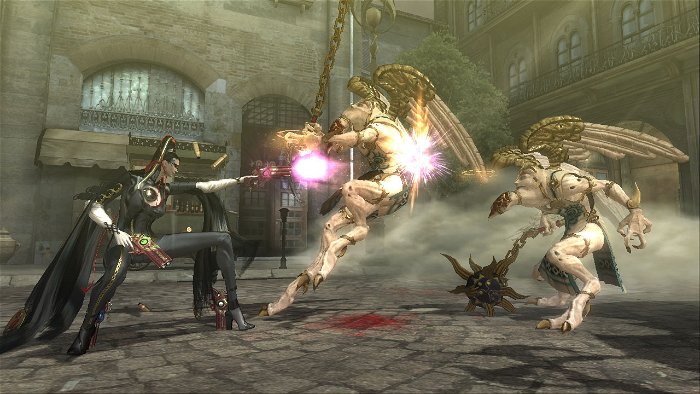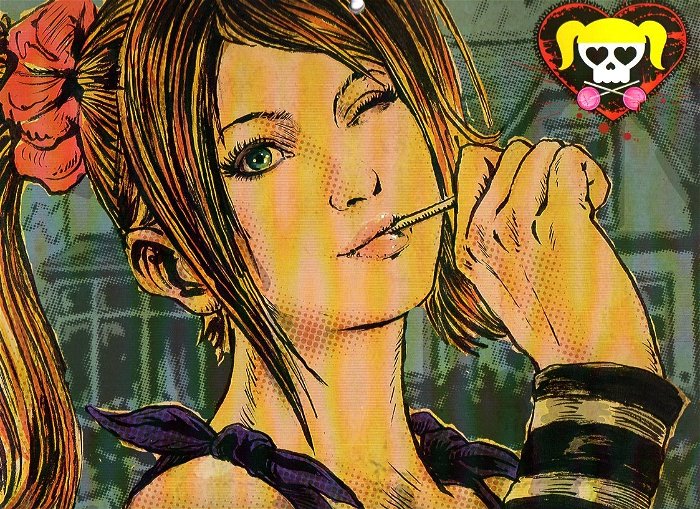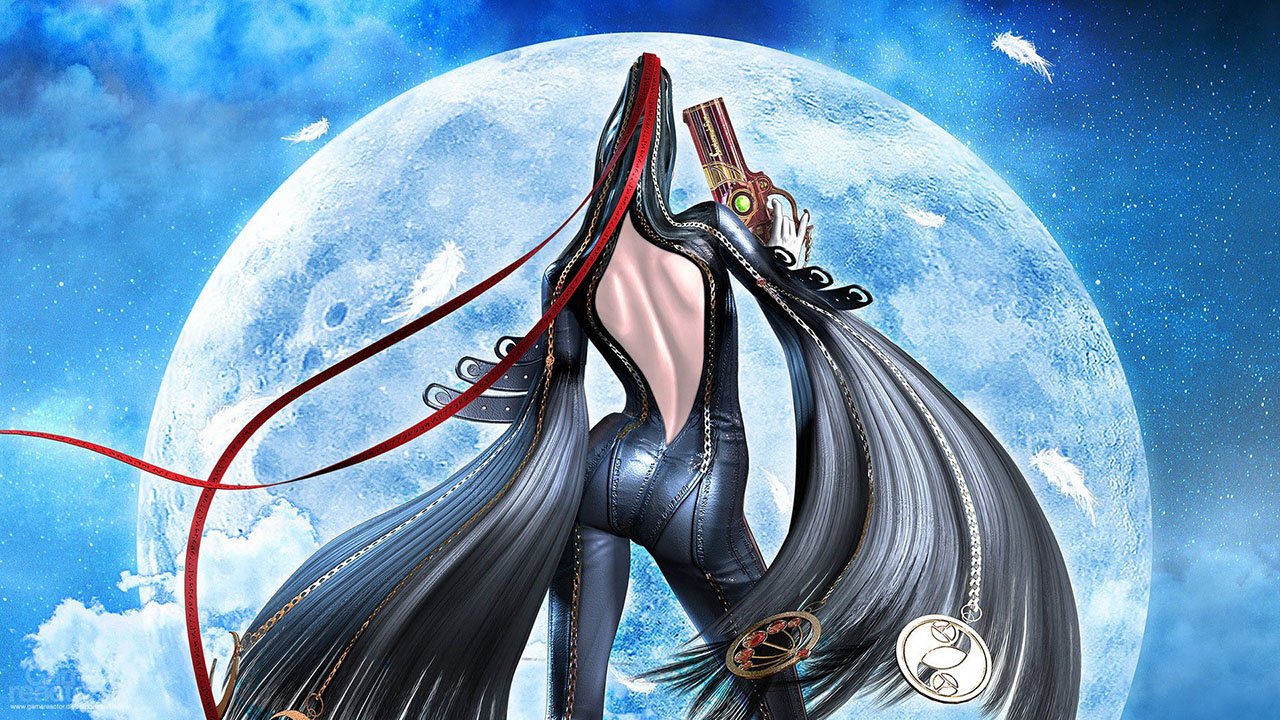Despite absolutely loving Platinum Games’ Vanquish and Metal Gear Rising: Revengeance, I hadn’t played Bayonetta, the studio’s infamous 2010 release, until just this week. As I expected after enjoying so many of Platinum’s other games, Bayonetta is exceptional in terms of combat design and visual bombast. What I’m not so sure about, though, is whether or not the title character herself—a sarcastic witch who dispatches enemies with weaponized high heels and magical stripper moves—was so great.
I’m not alone in this. Bayonetta is a polarizing figure who seems to split audience opinion into two, often directly opposed camps. In the years since the game’s release, critics on one side of this schism have hailed her as an icon of feminine empowerment while those on the other side see Bayonetta as an encapsulation of a frequently sexist medium’s worst tendencies. That this kind of debate is argued from either perspective by thoughtful writers invested in a more inclusive future for games speaks volumes. Bayonetta is a title that is difficult to glorify without also offering a few concessions and equally tough to condemn without acknowledging what it does get right. This is probably due to the disconnect between character design and writing that often puts the game at odds with itself.

The game is full of contradictions. In many scenes the camera lingers on Bayonetta’s body longer than it would for a male character, some of her most powerful combat moves leave her nearly naked, and her skintight outfit was obviously designed to titillate. Director/writer Hideki Kamiya’s motivations in creating a memorable action game protagonist are easy to figure out. The primary goal of creating a character like Bayonetta was likely to construct an instantly recognizable action hero—one who players would recognize as instantly as they do Devil May Cry’s Dante or God of War’s Kratos. That this was accomplished by making sexuality the primary characteristic of a new videogame hero is enough to make Bayonetta a problematic title. But it’s complicated by how the character is actually written.
Far from the typical portrayal of women in games as helpless, naive, or deferential to men, Bayonetta is in full control over all of the ludicrous situations she finds herself in throughout her adventure. The guys who fill the game’s supporting cast—tagalong journalist Luka, gun vendor Rodin, and underworld rube, Enzo—have little to no agency in the story and are either treated as equals or subordinates in their relationships with Bayonetta. She owns her world, is incredibly capable of battling no less than an abstracted version of the Judeo-Christian god, and is depicted as an extremely smart and self-aware woman. Though her character design is extremely sexual, Bayonetta herself controls her identity completely. Outside of the game she is portrayed as nothing more than an object of desire, but within it she is much more. This creates a pretty significant conflict between intention and perception and, I think, is responsible for the wildly differing readings of the character that have been argued since the game’s release.

I’m left with a similar conflict as the one I had while playing Grasshopper Manufacture’s Lollipop Chainsaw. Like Bayonetta, Chainsaw’s main character—a spunky blonde cheerleader named Juliet—is highly sexualized. She is also very aware of how the outside world sees her, though, and much of the game is concerned with asking players to question why we would so readily see the character as a sex object rather than a complex individual. Despite all of this, Chainsaw is still, ultimately, a game that reduces one of the medium’s few female protagonists to little more than a pretty face. Because this is a common trait in both Lollipop Chainsaw and Bayonetta there is a feeling that these titles are little more than attempts by developers to sell sex while injecting socially conscious characterization as an afterthought. It all comes off like Platinum Games and Grasshopper Manufacture wanting to have the cake and eat it, too. Both of these games would be less worrying if they existed in a medium where female characters were already better represented. Since this isn’t the case, they may be more harmful than they otherwise would. While Bayonetta is complex enough to keep her from being one of the worst offenders in an industry with such a poor track record of positive female representation, characters like her are still not good enough.




